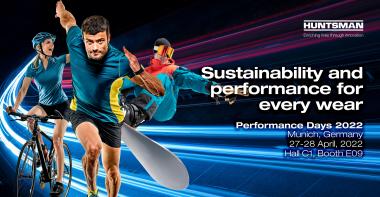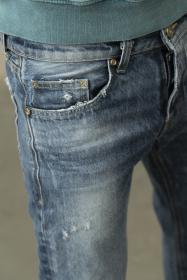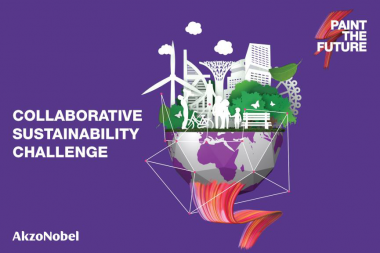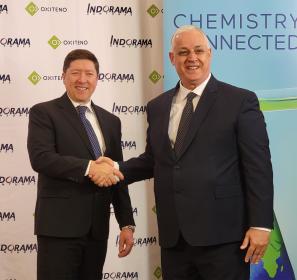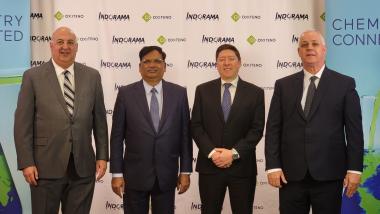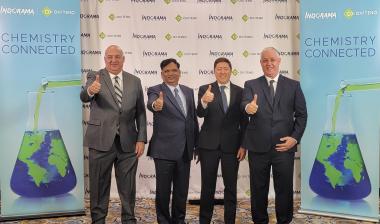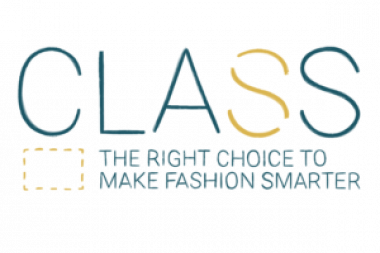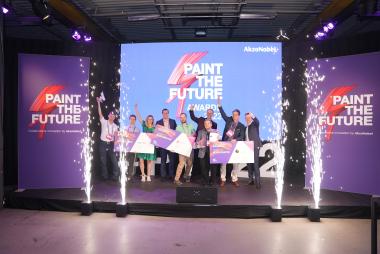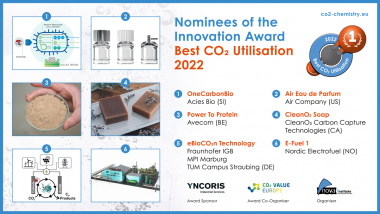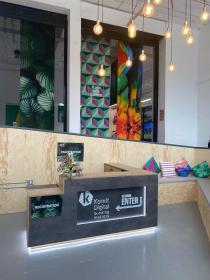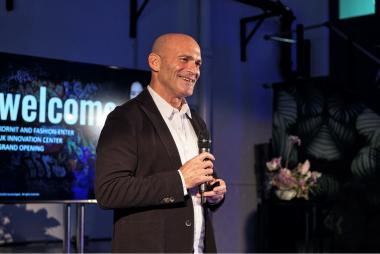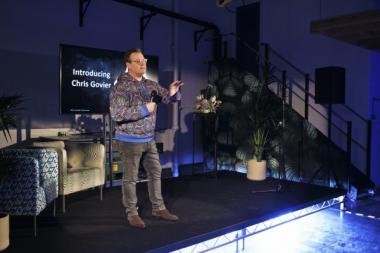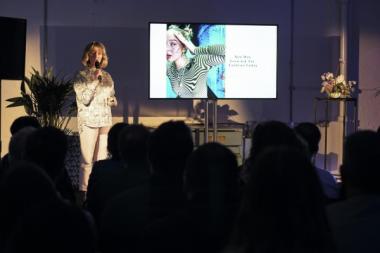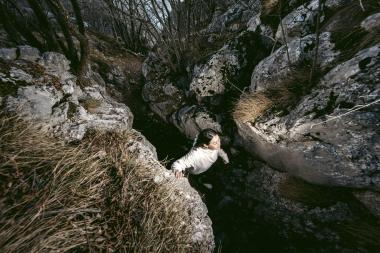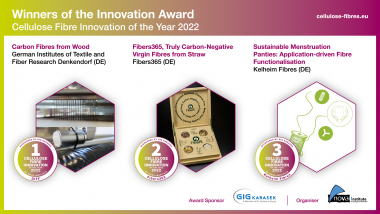Archroma and Stony Creek Colors produce plant-based pre-reduced indigo
Archroma and Stony Creek Colors (“Stony Creek”), a manufacturer of traceable natural indigo dyes, announced that they have entered a strategic partnership to produce and bring to the market Stony Creek’s IndiGold™ high-performance plant-based pre-reduced indigo at scale.
Stony Creek extracts its dye from proprietary Indigofera plant varieties grown in partnership with family farms as a regenerative rotational crop.
Stony Creek Colors developed the new IndiGold™ concept as on of the world’s first pre-reduced natural indigo dyes, which was then developed with Archroma to offer a plant-based alternative to synthetic pre-reduced indigo. The dyestuff will be sold as a 20% concentration in a soluble liquid form that displays similar performance to comparable synthetic indigo products available on the market.
Stony Creek Colors evolved into an innovative leader in plant-based indigo due to its complete development of an improved agricultural value chain, from seed breeding and production to biomass harvest and extraction. The company has been selling its US grown indigo to denim mills since 2015.
The pre-reduced plant-based indigo partnership took root in 2020 when Stony Creek was looking to work with like-minded partners to produce the new dyestuff at scale. Archroma emerged as the ideal partner as the company is well known for its expertise in indigo manufacturing and application, as well as for its commitment to transform the denim industry towards creating better blue jeans.
Archroma immediately offered to support the idea of Stony Creek Colors with extensive pilot scale manufacturing trials and engaged with its network of denim machinery manufacturers to test the first samples in industrial conditions. The trials showed excellent coloration and the typical indigo wash down, as with synthetic indigo. Archroma will produce the first batches of IndiGold™ in Salvatierra, Mexico, and has other locations where the product could be made. The company will support Stony Creek Colors through its manufacturing and logistics capabilities, and its expertise in denim dyeing with customers using pre-reduced indigo.
While this development was underway, the global innovation platform Fashion for Good selected Stony Creek Colors as an innovator in its global Innovation Program. The program connects brands with innovators to work together to test, validate and ultimately scale disruptive innovations in the fashion industry to drive positive impact. Through the program, Fashion for Good facilitated a collaboration between brand partner Levi Strauss & Co. and Stony Creek Colors which was announced in December 2021. The partners will pilot the use of IndiGold™ in denim mills at scale, with the goal of unlocking key learnings around shade application and other efficiencies of this new dyestuff.
Archroma / EMG






